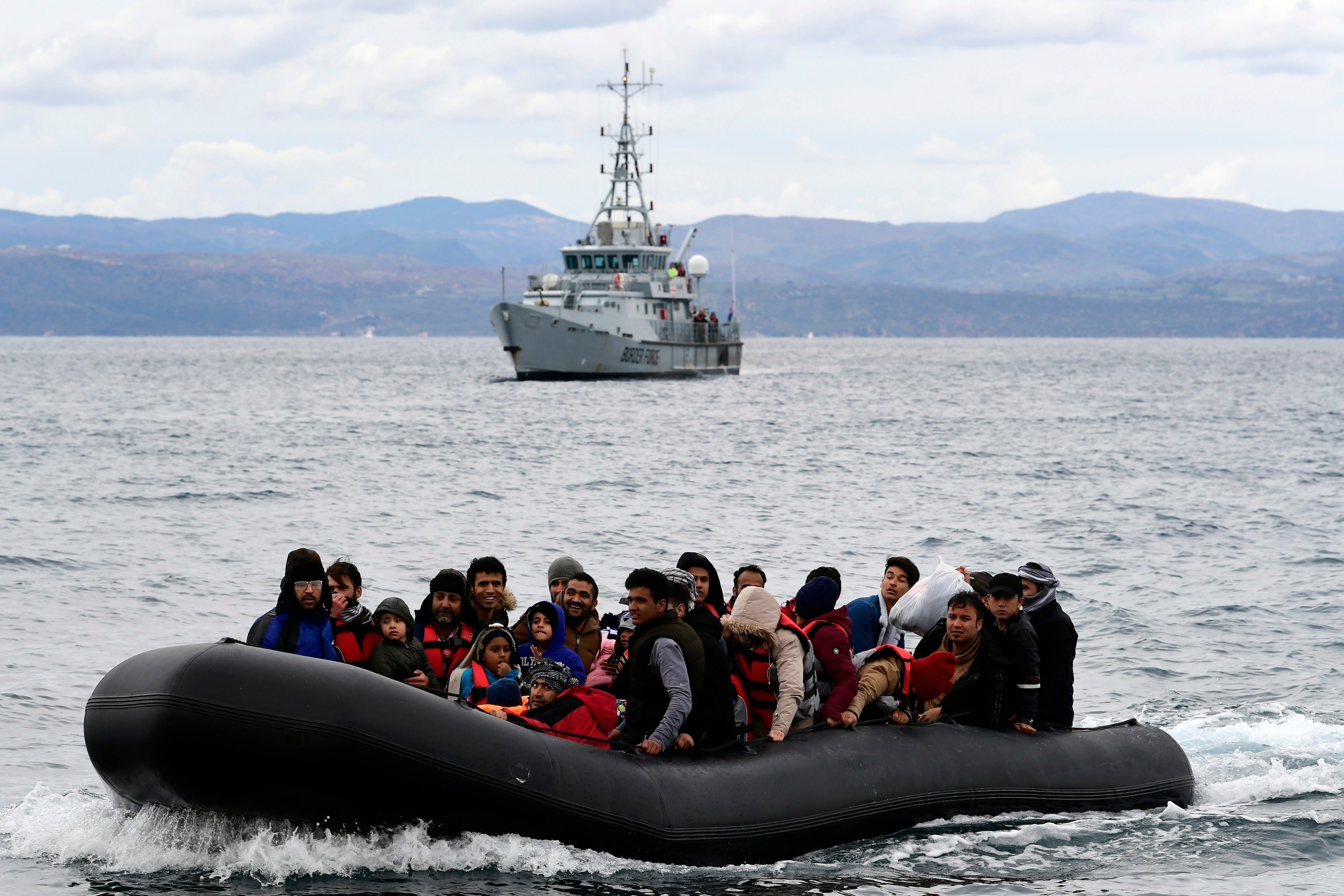Probe into EU border agency leaves some questions unanswered
An inquiry into claims that the European Union’s border and coast guard agency was involved in illegal pushbacks of migrants has cleared Frontex of links to most cases but has been unable to establish what happened in five incidents

An inquiry into claims that the European Union’s border and coast guard agency was involved in illegally pushing back migrants has cleared Frontex of links to most of the incidents but has been unable to establish what happened in five cases according to the official report into the allegations.
The report is by a special working group set up to investigate media allegations that staff, ships or aircraft working with Frontex took part in or were near more than a dozen pushback incidents in the sea between Greece and Turkey last year. Its findings will be the focus of an extraordinary meeting of the agency’s management board on Friday.
Frontex, which is responsible for patrolling the external borders of the 27-nation EU, has rejected the pushback allegations and said that its own internal inquiry could find no evidence to substantiate the claims. Greece, which is in charge of operations involving coordinating Frontex on its territory, has also denied reports of pushbacks by its border officers.
Pushbacks are forcibly preventing people from entering a country when they might want to apply for asylum. They are contrary to refugee protection agreements, which say people shouldn’t be returned to a country where their life and safety might be in danger due to their race, religion, nationality or political views. They also contravene EU law and policy.
The working group cleared Frontex of any wrongdoing in 8 cases, but said in five cases “it has not been possible to completely resolve the incidents beyond any reasonable doubt,” according to part of the restricted report, dated March 1 and seen by The Associated Press.
Investigators could not determine whether the people involved in the five incidents were picked up by Turkish authorities or made it safely onto Greek soil. “There is no indication of anybody injured, reported missing or having died in connection with the respective incidents,” the report said.
The probe, by experts from seven European countries and the European Commission, was set up weeks after reports of collective migrant expulsions were revealed in an October joint investigation by media outlets Bellingcat, Lighthouse Reports, Der Spiegel, ARD and TV Asahi.
___
Follow AP’s global migration coverage at https://apnews.com/hub/migration
Bookmark popover
Removed from bookmarks